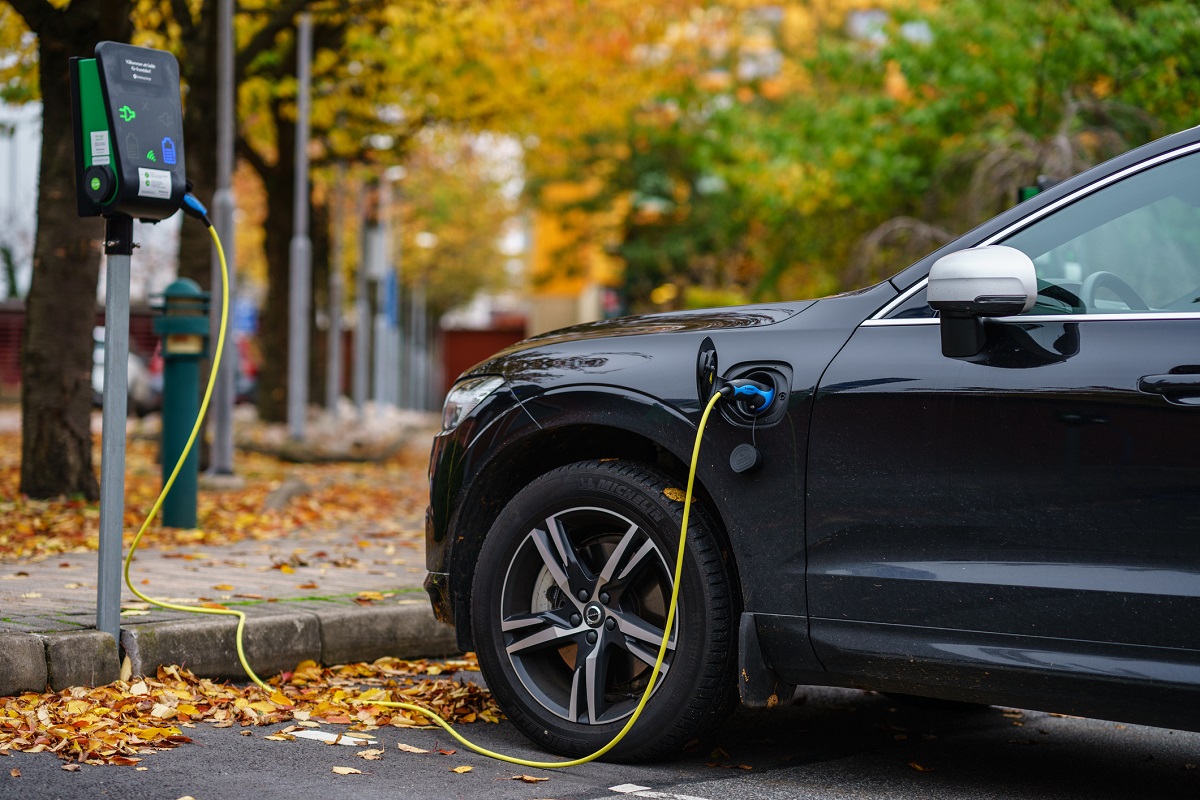
The Ripple Effect of Rising EV Sales in the U.S. on Global Markets and Industries
Introduction:
The recent surge in electric vehicle (EV) sales in the United States, as reported by Alexa St. John of the Associated Press, marks a significant shift in the automotive industry. With EV sales expected to reach 9% of all passenger vehicles in the U.S. in 2023, this trend not only highlights the growing acceptance of EVs but also sets the stage for a ripple effect across various industries and markets, including those in India.
Original Analysis:
The increase in EV sales in the U.S. reflects a global shift towards cleaner transportation, influenced by environmental concerns and technological advancements. This trend is likely to accelerate innovations in EV technology, battery efficiency, and charging infrastructure. However, it also poses challenges, such as the need for a more robust and accessible charging network and the high upfront cost of EVs compared to traditional vehicles.
Impact on Retail Investors:
For retail investors, this shift presents both opportunities and risks. The growing EV market could lead to increased investment in EV manufacturers and related industries. However, the volatility of this relatively new market, coupled with competition and regulatory changes, could pose risks. Retail investors must stay informed and diversify their portfolios to mitigate these risks.
Impact on Industries:
The auto industry is at the forefront of this change, with traditional manufacturers adapting to compete with EV-centric companies. The energy sector, particularly renewable energy, is also positively impacted as the demand for clean electricity for EVs increases. Conversely, industries related to fossil fuels and internal combustion engine vehicles might face declining demand.
Long Term Benefits & Negatives:
In the long term, the shift towards EVs promises environmental benefits and a reduction in greenhouse gas emissions. It could also spur economic growth in sectors related to EVs. On the downside, this transition may lead to job losses in traditional automotive industries and challenges in raw material procurement for batteries.
Short Term Benefits & Negatives:
In the short term, the EV market growth could lead to increased investment and innovation in the sector. However, it may also result in market volatility due to changing consumer preferences and the rapid evolution of technology.
Companies will gain from this:
Companies in the EV manufacturing, battery production, and renewable energy sectors stand to benefit. Indian companies with exposure to these areas, either directly or through supply chains, could see an uptick in their stock prices.
Companies which will lose from this:
Companies heavily invested in traditional automotive manufacturing, fossil fuel extraction, and related industries might face challenges, potentially affecting their stock performance negatively.
Analyzing the potential impact of the rising EV sales in the U.S. on companies, particularly those traded on Indian stock exchanges, involves identifying firms in sectors that are either directly or indirectly linked to the EV ecosystem. Here are some companies that could be affected:
- Tata Motors Ltd (Automobile Manufacturing): As a significant player in the automotive sector and with a growing focus on electric vehicles, Tata Motors is likely to be positively impacted. The global shift towards EVs can boost its EV development and sales, both domestically and internationally.
- Mahindra & Mahindra Ltd (Automobile Manufacturing): Similar to Tata Motors, Mahindra & Mahindra, with its foray into electric vehicles, could benefit from the increased global interest in EVs.
- Amararaja Batteries Ltd (Battery Manufacturing): Specializing in battery technology, Amararaja could see a surge in demand for its products as the need for efficient and durable batteries for EVs grows.
- Exide Industries Ltd (Battery Manufacturing): Like Amararaja, Exide stands to gain from the growing EV market, given its role in battery production.
- Reliance Industries Ltd (Conglomerate with interests in Energy, Petrochemicals, Telecommunications, Retail): While Reliance’s traditional oil and gas business might be challenged by the shift to EVs, its diverse portfolio, including investments in new energy sectors, could mitigate these effects.
- Adani Enterprises Ltd (Conglomerate with interests in Renewable Energy, Agribusiness, Real Estate): Adani’s significant investments in renewable energy could be positively impacted as the demand for clean energy to power EVs increases.
- Bharat Petroleum Corporation Ltd (Oil and Gas): As an oil and gas company, BPCL might face long-term challenges if the shift to EVs significantly reduces the demand for fossil fuels.
- Hero MotoCorp Ltd (Two-wheeler Manufacturing): As a major two-wheeler manufacturer, Hero MotoCorp might need to adapt its product line to include electric models to stay competitive.
- Maruti Suzuki India Ltd (Automobile Manufacturing): Being a leader in the traditional automobile market, Maruti Suzuki might face challenges in transitioning to electric vehicles.
- Infosys Ltd and TCS Ltd (Information Technology Services): These IT giants could potentially benefit from the EV boom, as there will be increased demand for software solutions and IT services in the design, manufacturing, and operation of EVs.
These companies, among others in the Indian market, are likely to experience varying degrees of impact based on their current involvement and future plans in the EV sector. The actual influence on their stock prices and market performance would depend on several factors, including market reception, technological advancements, government policies, and their own strategic responses to these industry shifts.
Additional Insights:
The growth in the EV market could lead to increased international collaborations and cross-border investments, particularly between the U.S. and India. This interconnection could foster technological exchanges and joint ventures in the EV and renewable energy sectors.
Conclusion:
The surge in EV sales in the U.S. is a bellwether for a global shift towards cleaner transportation. This trend presents a complex mix of opportunities and challenges for various industries and investors. Navigating this evolving landscape requires adaptability, innovation, and a focus on sustainable practices.
Citation:
St. John, A. (2023, November 24). EV Sales in US to Hit Record in ’23. The Associated Press. [https://economictimes.indiatimes.com/epaper/delhicapital/2023/nov/24/et-corp/ev-sales-in-us-to-hit-record-in-23/articleshow/105455302.cms]